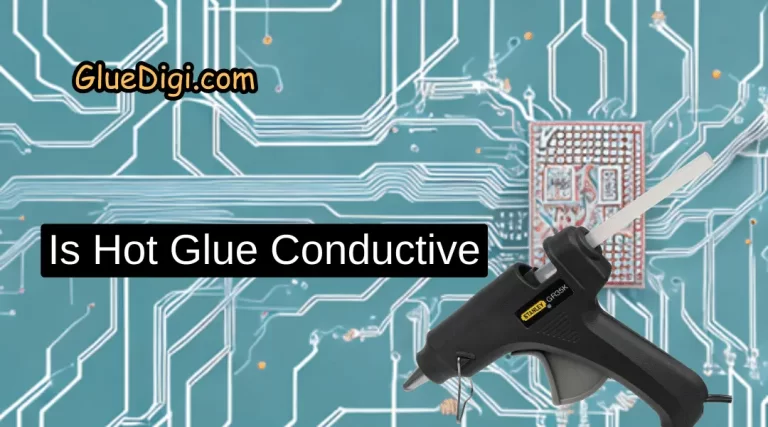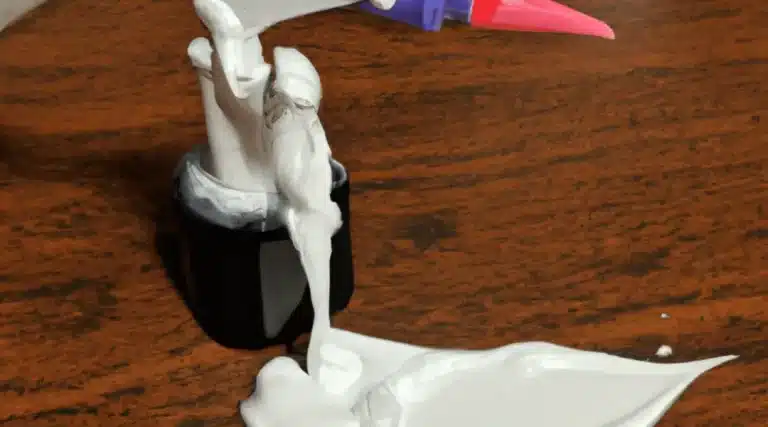When it comes to undertaking pool plumbing projects, choosing the right PVC glue can make all the difference. PVC glue is a vital component in creating a secure and watertight seal between PVC pipes, ensuring that the pool plumbing system operates efficiently. However, with a range of options available in the market, selecting the appropriate PVC glue can be a daunting task.
In this article, we will guide you through the essential factors to consider when choosing the appropriate PVC glue for pool plumbing projects. We will discuss the different types of PVC pipes, application temperature, bonding strength, waterproof and chemical resistance options, drying time, and ease of use.
By the end of this article, you will have a comprehensive understanding of the different types of PVC glues in the market, enabling you to make an informed decision while ensuring that your pool plumbing project is a success.
Understand the Different Types of PVC Pipes
The categorization of PVC pipes into different types is an essential aspect of comprehending the intricacies of pool plumbing and its associated equipment.
PVC pipes come in various sizes, and each size has its specific purpose in the pool plumbing system. The benefits of PVC pipes for plumbing are that they are durable, long-lasting, and resistant to chemicals, making them an ideal choice for swimming pools.
However, not all PVC pipes are the same, and it is essential to understand their differences to ensure that the right type is chosen for the specific application. It is crucial to consider factors such as the application temperature, as using the wrong type of PVC pipe could lead to issues such as leaks or burst pipes.
With this in mind, understanding the different types of PVC pipes available is vital to ensure that the right type is chosen for the pool plumbing project.
Consider the Application Temperature
When determining the most suitable adhesive for a pool’s plumbing system, it is crucial to consider the temperature limitations in which the adhesive will be subjected to, as this can significantly affect the adhesive’s performance and durability. Adhesive compatibility with the types of PVC pipes used is also important.
Here are three items to consider when evaluating temperature limitations:
1) The adhesive must be able to withstand the maximum temperature the pool water can reach, which can vary depending on the location and climate.
2) The adhesive must also be able to withstand the lowest temperature the pool water can reach, especially during winter months.
3) It is also important to consider the temperature range during the installation process, as some adhesives may require a specific temperature range for optimal bonding strength.
By considering these factors, one can ensure that the adhesive chosen will perform well under the given temperature conditions. Moving forward, it is important to evaluate the bonding strength of the chosen adhesive to ensure a durable and reliable pool plumbing system.
Evaluate the Bonding Strength
Assessing the bonding strength of adhesives for a pool’s plumbing system is a crucial step in ensuring the long-term durability and reliability of the system.
Testing methods are available to evaluate the bonding strength of different types of PVC glue, but it is important to consider the compatibility concerns between the glue and the materials being bonded.
A strong bond is essential to prevent leaks and ensure the system functions properly, especially in a pool environment where water and chemicals are present.
It is also important to look for waterproof and chemical resistant options when choosing a PVC glue for pool plumbing projects. This will help ensure the adhesive can withstand exposure to chlorine and other chemicals commonly used in pool maintenance.
By carefully evaluating bonding strength and compatibility concerns, pool owners can choose the appropriate PVC glue for their specific needs and help ensure the long-term functionality and safety of their pool’s plumbing system.
Look for Waterproof and Chemical Resistant Options
For optimal durability and reliability of a pool’s plumbing system, it is recommended to seek out waterproof and chemical-resistant options when selecting adhesives, as exposure to water and chemicals is a common occurrence in pool environments.
When considering glue selection, it is important to evaluate the chemical compatibility of the adhesive with the materials being bonded. Look for options that are specifically formulated for use with PVC pipes and fittings, as well as those that are resistant to chemicals commonly found in pool environments such as chlorine and other sanitizers.
Additionally, waterproof options are crucial to ensure that the adhesive will not break down or lose its bonding strength when exposed to water. When choosing a glue, it is important to consider both of these factors to ensure that the plumbing system remains secure and reliable over time.
Next, check the drying time to ensure that it fits within the project timeline and allows for proper curing before the system is put into use.
Check the Drying Time
To ensure the optimal performance of a pool’s plumbing system, it is essential to carefully consider the drying time of adhesives selected for use. The drying time of the adhesive will determine the length of time required for the glued parts to become fully bonded and secure.
It is important to choose an adhesive with a drying time that is compatible with the project’s timeline. Application techniques can also affect drying time, so it is important to follow the manufacturer’s instructions to ensure proper application.
If the drying time is too long, it can cause delays in the project, while if it is too short, it can result in a weak bond. Alternative adhesives may have different drying times, so it is important to consider all available options.
In the next section, we will consider ease of use when selecting the appropriate PVC glue for pool plumbing projects.
Consider Ease of Use
When selecting the appropriate PVC glue for pool plumbing projects, it is important to consider the ease of use. Some types of glue may be more challenging to apply compared to others, and this can lead to common mistakes such as using too much glue or not applying it evenly.
To avoid such mistakes, it may be helpful to watch instructional videos or seek guidance from professionals. It is also essential to check the drying time of the glue to ensure that it is appropriate for the specific project.
With these factors in mind, it is easier to choose a glue that is easy to work with and yields reliable results. Moving forward, it is also crucial to read reviews and ask for recommendations to ensure that the chosen glue has a good reputation and meets the needs of the project.
Read Reviews and Ask for Recommendations
By reading reviews and seeking recommendations from professionals, one can ensure the reliability and effectiveness of the chosen adhesive, instilling confidence in the success of the pool plumbing project.
It is paramount to prioritize safety when choosing the appropriate PVC glue for pool plumbing projects as it involves the transport of water and chemicals. Make sure that the adhesive is explicitly labeled for pool use.
Moreover, cost comparison should also be taken into account when choosing the PVC glue. Some adhesives may be more expensive than others, but they may also offer a higher level of durability and longevity, which can save money in the long run. Therefore, it is essential to weigh the costs and benefits of different adhesives before making a final selection.
Overall, reading reviews and asking for recommendations from professionals can provide a better understanding of the adhesive’s performance, safety, and cost-effectiveness, ensuring a successful and long-lasting pool plumbing project.
Conclusion
After considering all the factors when choosing the appropriate PVC glue for pool plumbing projects, it is vital to note that it requires a certain level of expertise to get the job done right. You don’t want to end up with a pool plumbing disaster that could have been avoided with the right PVC glue.
It is always best to do your research and make an informed decision. In conclusion, choosing the right PVC glue for your pool plumbing project is essential to ensure a safe and secure installation.
Remember to consider the different types of PVC pipes, application temperature, bonding strength, waterproof and chemical resistance, drying time, and ease of use. Once you have made your decision, read reviews and ask for recommendations from professionals.
Keep in mind that a little bit of research can go a long way in preventing a pool plumbing disaster.


